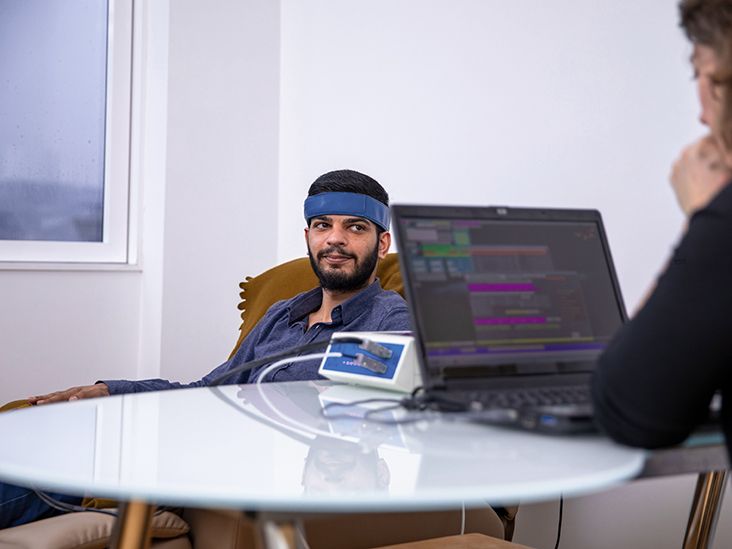Utilizing the Potential of Neurofeedback to Revolutionize Stress Management and Improve Mental Well-Being
Utilizing the Potential of Neurofeedback to Revolutionize Stress Management and Improve Mental Well-Being
Blog Article
Neuro-feedback is an novel technique that has gained interest for its potential to help control anxiety and enhance mental well-being. This approach involves using immediate displays of brain activity to teach individuals how to control their brain function. By tracking brain waves, neurofeedback provides feedback that can help people learn to manage their mental states. This technique can be particularly beneficial for those struggling with anxiety, as it offers a fresh way to comprehend and manage their feelings.
Anxiety is a widespread mental health concern that affects many people. It can appear in various ways, including intense worry, unease, and physical indicators like a racing heart. Traditional therapies for anxiety often include therapy and medication, but these options may not work for everyone. Neurofeedback presents an different approach that centers on self-regulation. By training the brain to operate more efficiently, individuals can discover to reduce their anxiety levels and boost their overall mental health.
The procedure of neurofeedback typically involves a trained expert who guides the individual through sessions. During these sessions, sensors are placed on the scalp to measure brain activity. The data is then shown on a screen, allowing the person to view their brain waves in actual time. The goal is to help individuals recognize patterns in their brain activity associated with anxiety. By exercising techniques to change these patterns, they can acquire to achieve a calmer state of mind. This method enables individuals to take an proactive role in their mental health journey.
Studies has shown that neurofeedback can lead to significant improvements in anxiety symptoms. Investigations indicate that individuals who undergo neurofeedback training often claim feeling less anxious and more in command of their emotions. This technique not only helps in reducing anxiety but also boosts overall mental well-being. Participants frequently undergo better useful source focus, improved mood, and greater resilience to stress. These advantages can lead to a more fulfilling life, as individuals feel more equipped to face challenges.
In conclusion, neurofeedback is a promising tool for changing anxiety management and enhancing mental well-being. By providing individuals with the ability to comprehend and regulate their brain activity, this technique offers a unique approach to managing with anxiety. As more people seek effective ways to manage their mental health, neurofeedback is distinguished as a valuable option. With continued research and recognition, it has the potential to change the lives of many individuals facing with anxiety, leading to a healthier and more balanced life.